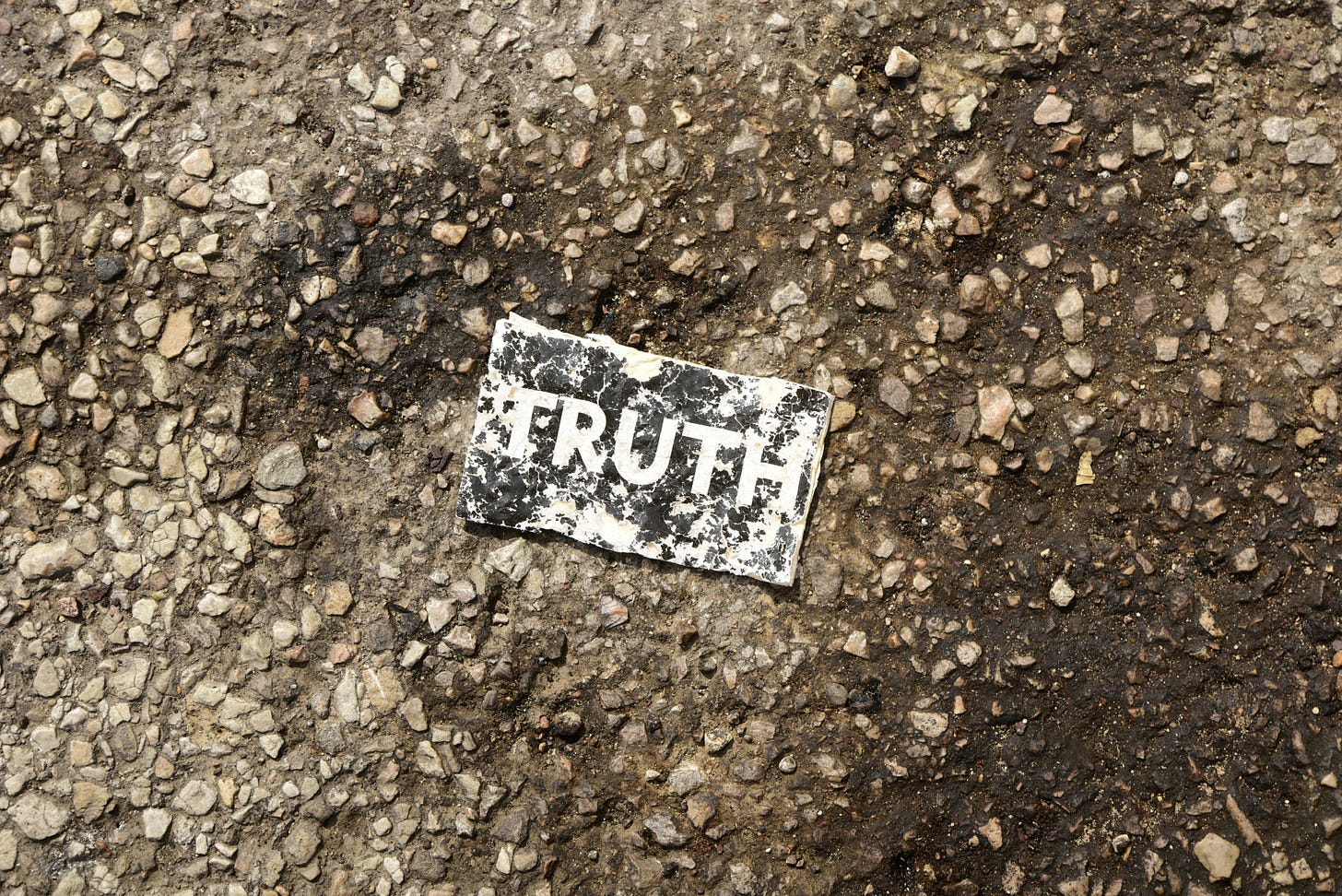When Belief Isn’t Truth
Where Belief Ends and Truth Begins
What’s right for me might feel completely wrong to you.
And what’s true in your world may not resonate with mine at all.
That’s not a contradiction.
That’s us being simply human.
Sadly, somewhere along the way, we forgot that.
We’ve confused belief with truth…
And in doing so, we’ve lost the ability to hold space for difference without judgment.
Beliefs are shaped by experience. They’re personal.
They rise from our pain, our joy, our trauma, our culture, our stories.
They matter. But they are not universal. While they may be widely shared, their popularity doesn’t make it any more than a strongly, or widely held belief.
They are not capital-T Truth.
Truth, when it exists, stands on its own.
It’s supported by evidence.
It endures scrutiny.
It doesn’t require everyone else to agree with it for it to be valid.
And when it’s later disproven or redefined, that doesn’t mean it wasn’t true—it simply means it was true at the time, based on what we knew or understood then.
But beliefs, especially tightly held ones, don’t like to be challenged.
We protect them. We weaponize them. We project them onto others.
We forget that someone else’s belief is real for them even if it doesn’t match ours. Even if it doesn't match up with ours, it doesn’t make their beliefs wrong.
Living Rogue Means Honoring Difference
Living rogue isn’t about being right—it’s about being real.
It’s about noticing when we’re clinging to belief for safety.
It’s about learning to say:
“This is true for me… and it might not be true for you. And, that’s okay.”
There’s humility in that.
There’s space in that.
And, there’s freedom in letting go of the need to convert, convince, or conform.
When we accept that our beliefs are not the center of the universe,
we become less defensive, more curious, and a hell of a lot more connected.
And yes, there is a line.
Some beliefs may feel personal or sacred, but if they inflict harm on others or threaten someone’s safety, they can’t be considered healthy or harmless.
Living rogue doesn’t mean anything goes.
It means holding our convictions with both humility and responsibility, especially when our truth intersects with someone else’s dignity.
A belief that causes harm isn’t strength.
It’s a signal to pause, examine, and let go.
How do we practice this?
When you feel the heat rise in disagreement, ask: “What am I defending here? A truth—or a belief?”
When someone else lives differently, thinks differently, or chooses differently, pause and ask: “Is this threatening my values… or just challenging my assumptions?”
And when you feel deeply sure of something, consider: “Could someone else be equally sure of something different—and still be okay?”
You don’t have to betray your values.
You just have to remember: the path you walk isn’t the only one that leads to peace.
Beliefs can connect us.
But only when we stop needing them to define us.
That’s living rogue and is the believe I am living into.

